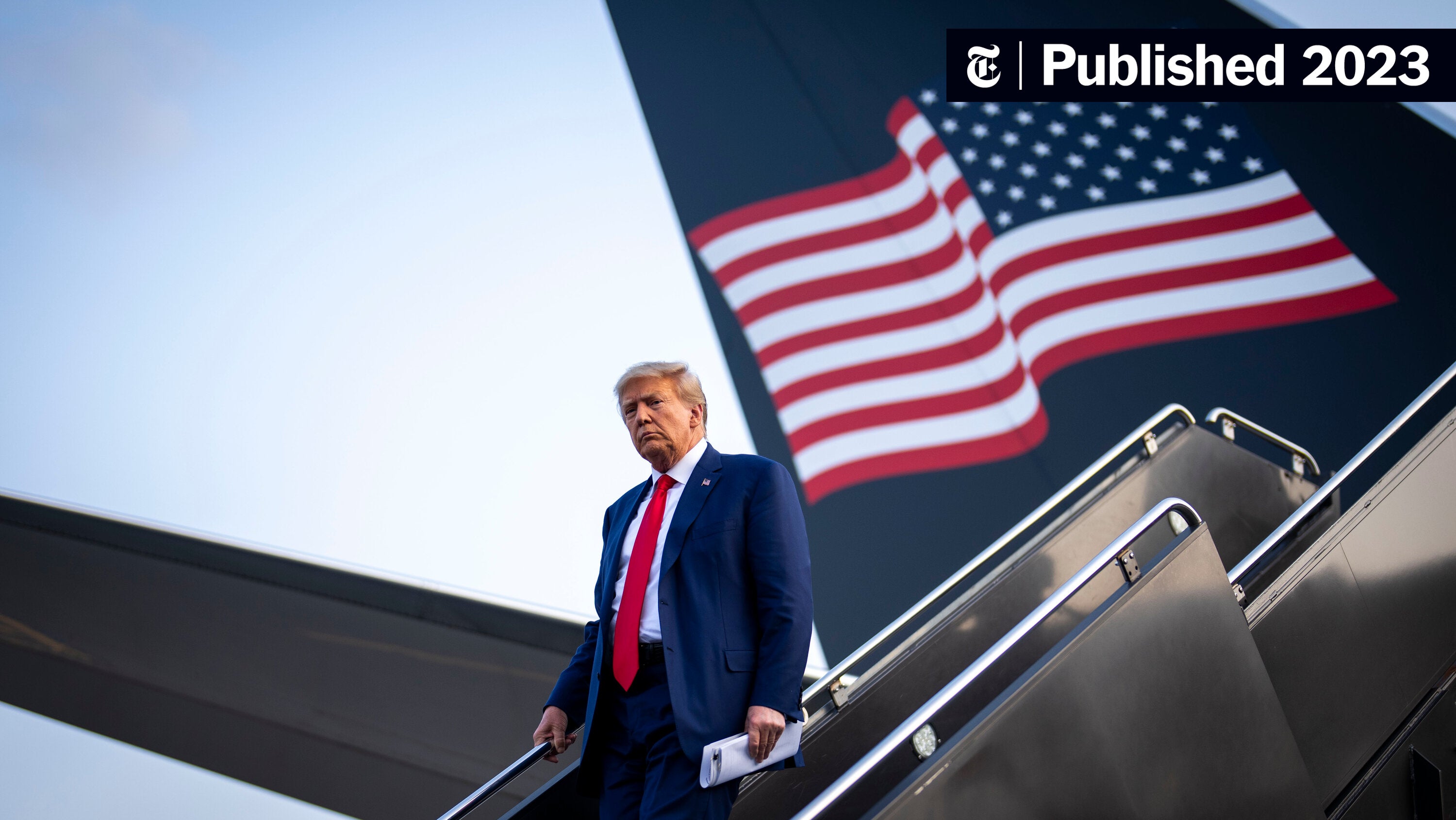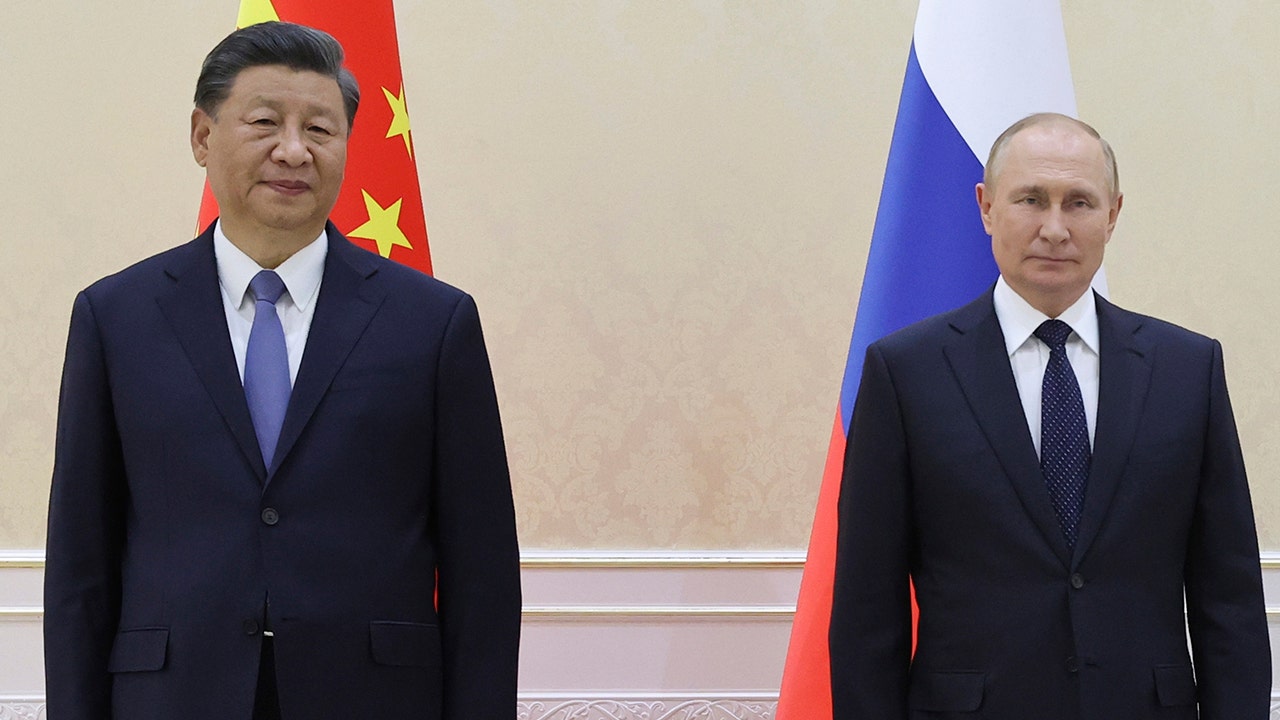Trump's Economic Policies: Prioritizing Trade Despite Growing Concerns

Table of Contents
The "America First" Trade Agenda: A Focus on Protectionism
The core of Trump's trade strategy was to reduce the US trade deficit and protect American jobs from foreign competition. This involved a rejection of free trade agreements perceived as detrimental to the US, a move characterized by protectionist trade policies. This approach prioritized domestic manufacturing and aimed to curb what the administration viewed as unfair trade practices by other nations.
Rationale: The administration argued that decades of free trade agreements had led to job losses in the US manufacturing sector and a significant trade deficit. They believed that imposing tariffs and renegotiating existing agreements would level the playing field and encourage companies to bring manufacturing back to the US, boosting domestic employment and economic growth.
Key Policies:
- Withdrawal from the Trans-Pacific Partnership (TPP): Trump viewed the TPP as a job-killing agreement that would benefit other countries at the expense of the US.
- Imposition of tariffs on imported goods: Significant tariffs were levied on steel and aluminum imports from various countries, including China, Canada, and Mexico, citing national security concerns. Additional tariffs targeted a wide range of Chinese goods, escalating the trade war.
- Renegotiation of NAFTA into the USMCA: Trump repeatedly criticized NAFTA, arguing that it had cost the US jobs and hurt American workers. The renegotiated USMCA aimed to address these concerns through revised provisions.
Consequences: The implementation of these protectionist policies resulted in increased trade tensions globally. Retaliatory tariffs from other countries disrupted global supply chains, impacting businesses and consumers worldwide. The increased costs associated with tariffs led to higher prices for consumers in the US and abroad.
Trade Wars with China: A Defining Feature of Trump's Economic Policies
The trade conflict with China was a defining feature of Trump's economic policies. Driven by accusations of unfair trade practices, intellectual property theft, and a substantial trade imbalance, the conflict significantly impacted global trade relations.
Background: The Trump administration believed that China engaged in practices that unfairly disadvantaged American businesses, including forced technology transfer, intellectual property theft, and currency manipulation.
Key Actions: The administration imposed significant tariffs on a vast array of Chinese goods, leading to a tit-for-tat escalation. Negotiations eventually led to a "Phase One" trade deal, offering some tariff relief but not resolving the underlying issues.
Impact: The trade war disrupted global trade flows, significantly impacting businesses in both the US and China. Increased tariffs raised consumer prices, created uncertainty for investors, and fueled concerns about a potential global recession.
Renegotiation of NAFTA: The USMCA as a Replacement
Trump consistently criticized NAFTA, characterizing it as a "disaster" for the US economy. He argued that it had led to job losses in the manufacturing sector and an unfair trade balance with Mexico and Canada.
NAFTA Criticisms: The main criticisms focused on the perceived negative impacts on American jobs, the movement of manufacturing to Mexico, and the perceived lack of adequate protection for intellectual property.
USMCA Changes: The USMCA (United States-Mexico-Canada Agreement), which replaced NAFTA, included several key changes. These included revised provisions on labor and environmental standards, stronger intellectual property protections, and changes to rules governing auto manufacturing and dispute resolution mechanisms.
Analysis: While the USMCA addressed some of Trump's criticisms of NAFTA, debate continues regarding its overall impact on North American trade and economic relations. The long-term effects are still being evaluated.
The Impact of Trump's Trade Policies on Different Sectors
Trump's trade policies had varying impacts on different sectors of the US economy.
- Agriculture: American farmers faced significant challenges due to retaliatory tariffs imposed by other countries, particularly China, leading to reduced exports and lower incomes.
- Manufacturing: While some sectors benefited from protectionist measures (through increased domestic demand and reduced competition), others suffered from higher input costs due to tariffs on imported materials.
- Technology: The trade war with China particularly affected the technology sector, leading to disruptions in global supply chains, increased costs, and uncertainty for technology companies reliant on international trade.
Conclusion
Trump's economic policies, particularly his trade strategies, left a lasting impact on the US and the global economy. While his "America First" approach aimed to boost domestic industries and reduce trade deficits, it also led to trade wars, increased uncertainty, and disruptions to global supply chains. The long-term consequences of his trade policies, including the USMCA and the fallout from the trade war with China, are still being assessed and debated. Understanding the complexities of Trump's economic policies and their ramifications is crucial for navigating future trade relations and crafting effective economic strategies. Further analysis of Trump's trade policies and their impact is essential to fully understand their long-term effects on the US and the global economy. Continue your research on Trump's economic policies and their impact on international trade to gain a comprehensive understanding of this complex and consequential period in US economic history.

Featured Posts
-
 Warren Buffetts Greatest Investing Wins And Losses Key Lessons Learned
May 06, 2025
Warren Buffetts Greatest Investing Wins And Losses Key Lessons Learned
May 06, 2025 -
 Understanding The Shift Shopifys New Lifetime Revenue Share For Developers
May 06, 2025
Understanding The Shift Shopifys New Lifetime Revenue Share For Developers
May 06, 2025 -
 Chinas Impact On Luxury Car Sales The Bmw And Porsche Case Study
May 06, 2025
Chinas Impact On Luxury Car Sales The Bmw And Porsche Case Study
May 06, 2025 -
 Putin On Ukraine No Need For Nuclear Weapons He Hopes
May 06, 2025
Putin On Ukraine No Need For Nuclear Weapons He Hopes
May 06, 2025 -
 Celtics Vs Heat Tipoff Time Tv Channel And Live Stream February 10
May 06, 2025
Celtics Vs Heat Tipoff Time Tv Channel And Live Stream February 10
May 06, 2025
Latest Posts
-
 Mindy Kalings Weight Loss Journey Before And After Photos Compared
May 06, 2025
Mindy Kalings Weight Loss Journey Before And After Photos Compared
May 06, 2025 -
 Relacionamento De Mindy Kaling Com Ex De The Office A Declaracao De Amor Apos Anos De Silencio
May 06, 2025
Relacionamento De Mindy Kaling Com Ex De The Office A Declaracao De Amor Apos Anos De Silencio
May 06, 2025 -
 April 4th Celtics Vs Suns How To Watch And Stream The Nba Game
May 06, 2025
April 4th Celtics Vs Suns How To Watch And Stream The Nba Game
May 06, 2025 -
 Exploring The Complex Female Characters Of Mindy Kalings Shows
May 06, 2025
Exploring The Complex Female Characters Of Mindy Kalings Shows
May 06, 2025 -
 B J Novak And Mindy Kaling Untangling The Mystery Of Their Relationship
May 06, 2025
B J Novak And Mindy Kaling Untangling The Mystery Of Their Relationship
May 06, 2025
